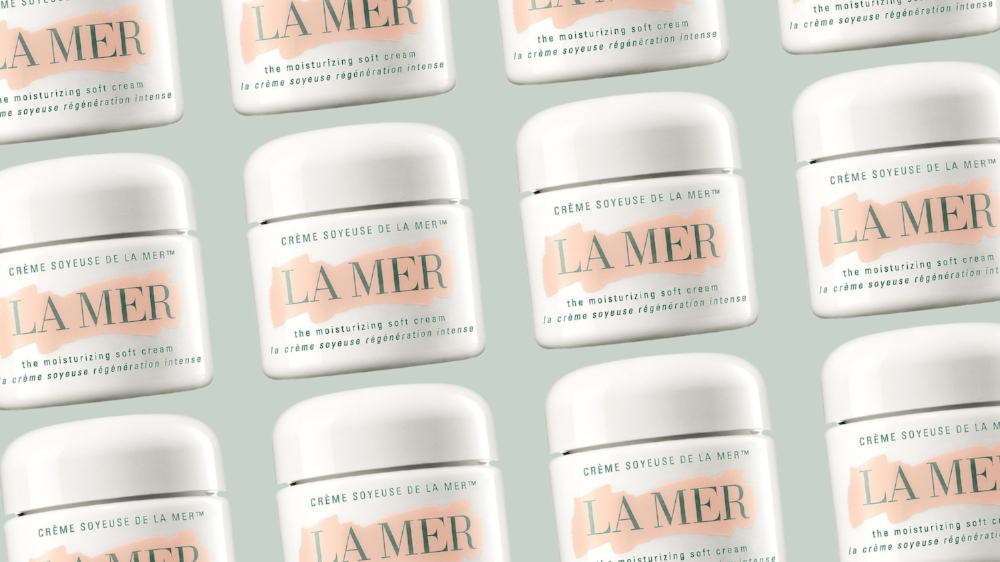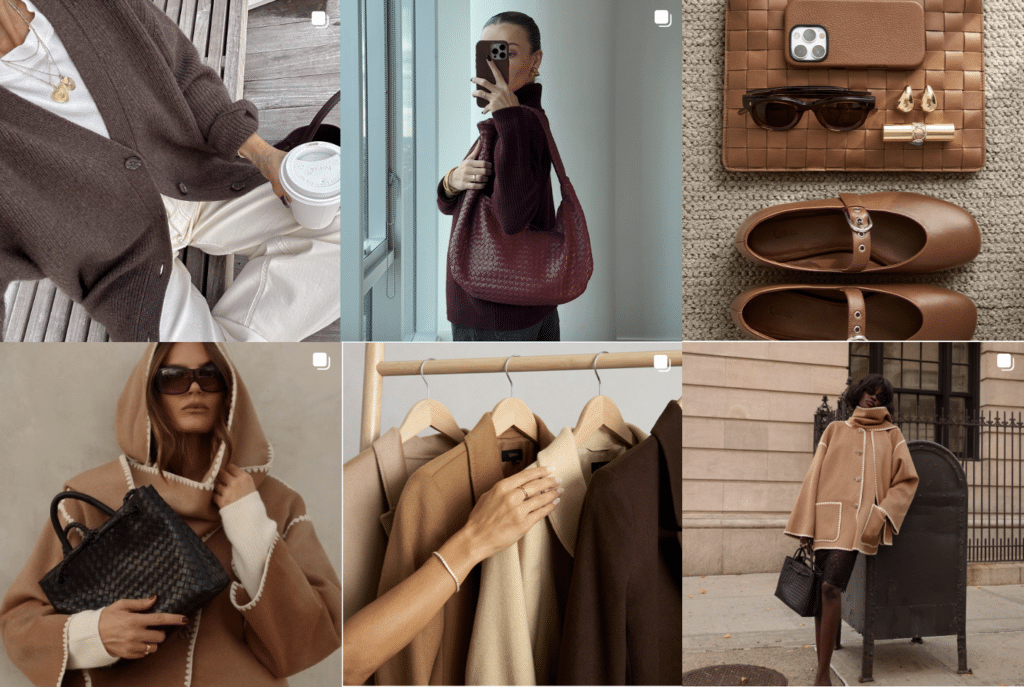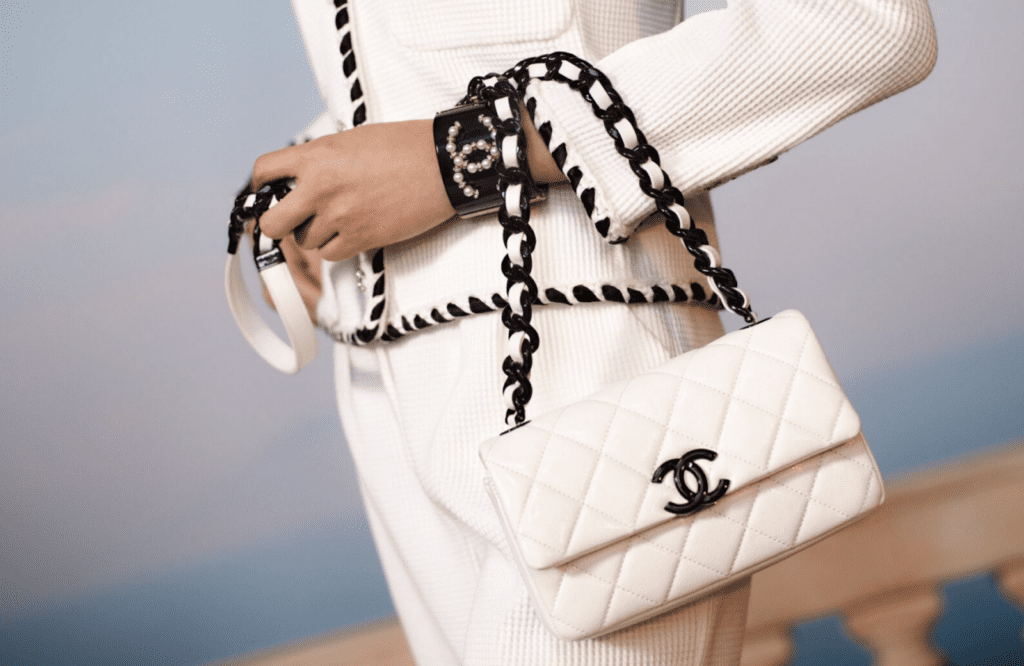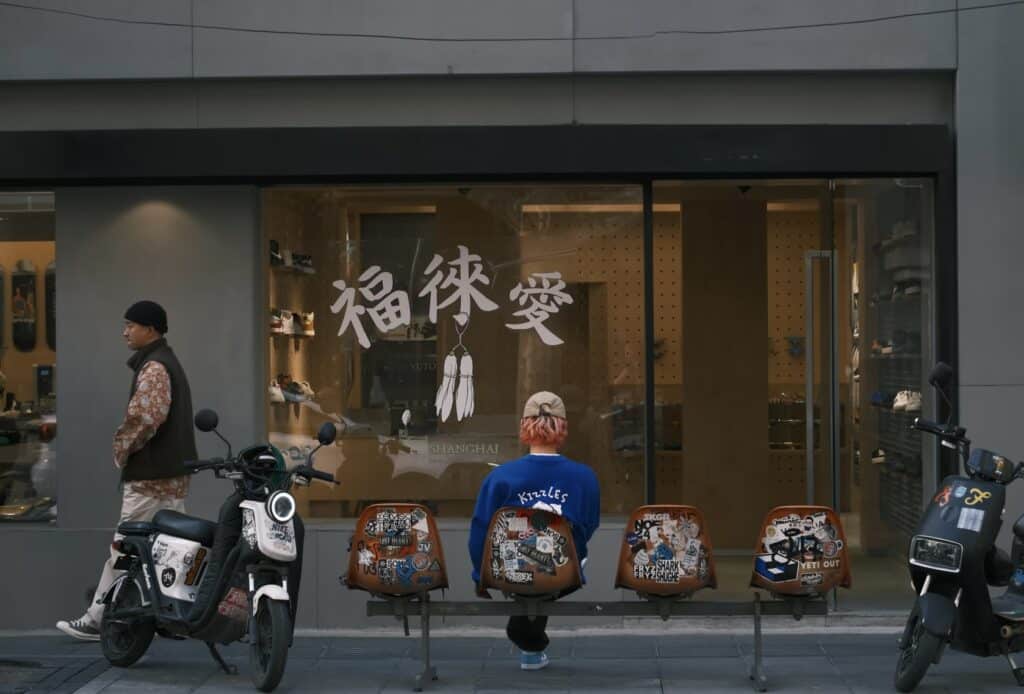La Mer’s Crème de la Mer is – by most accounts – “worth every penny.” At $85 for a half an ounce, the revolutionary face cream boasts “the power to transform the skin, rejuvenating and renewing even the driest complexions.” The brand’s marquee product is also said to help restore damaged skin. After all, its creator, the late German scientist Dr. Max Huber, is said to have spent 12 years experimenting with Macrocystis pyrifera, a variety of kelp found in California, until he finally created an elixir that healed burn wounds he suffered in a lab explosion. The result was the brand’s Miracle Broth™, which is found in its Crème de la Mer, among other products.
Now, almost 50 years after La Mer’s Miracle Broth™ was first introduced by Huber (and long before the brand was snapped by cosmetics giant Estée Lauder in 1991), the efficacy of the legendary cream is at issue. Hao Yu, a well-known Chinese beauty blogger, filed a pre-lawsuit writ against La Mer and Estee Lauder late last month in a civil court in Shanghai, alleging that despite La Mer’s representations, Crème de la Mer does not “restore damaged skin,” such as burn scars.
Since La Mer makes such “exaggerated” warranties on its official website in China (but not in the U.S. or other international versions of its site), Yu claims that the $1 billion skincare company and its parent are on the hook for false advertising.
Yu points to several product reviews by Chinese consumers complaining about failed restorative effects of the La Mer product in his complaint, and also highlights the ingredients of the cream, which are, he states, are not terribly different from the ingredients of the far less costly products being put forth by other brands, including NIVEA.
In addition to a court order forcing La Mer to alter its advertising language in regards to the effects of its Miracle Broth™ and Crème de la Mer product, Yu has also asked the court to require La Mer to apologize to Chinese consumers who he claims have been deceived by the brand’s advertising statements, and compensate those who have purchased the products due to its misleading claims.
Estée Lauder’s Shanghai division responded to Yu’s filing, telling Chinese publication GB Times that the company is currently investigating the matter, but would not elaborate on why the advertising claims in China differed from those in the U.S. and other countries.











